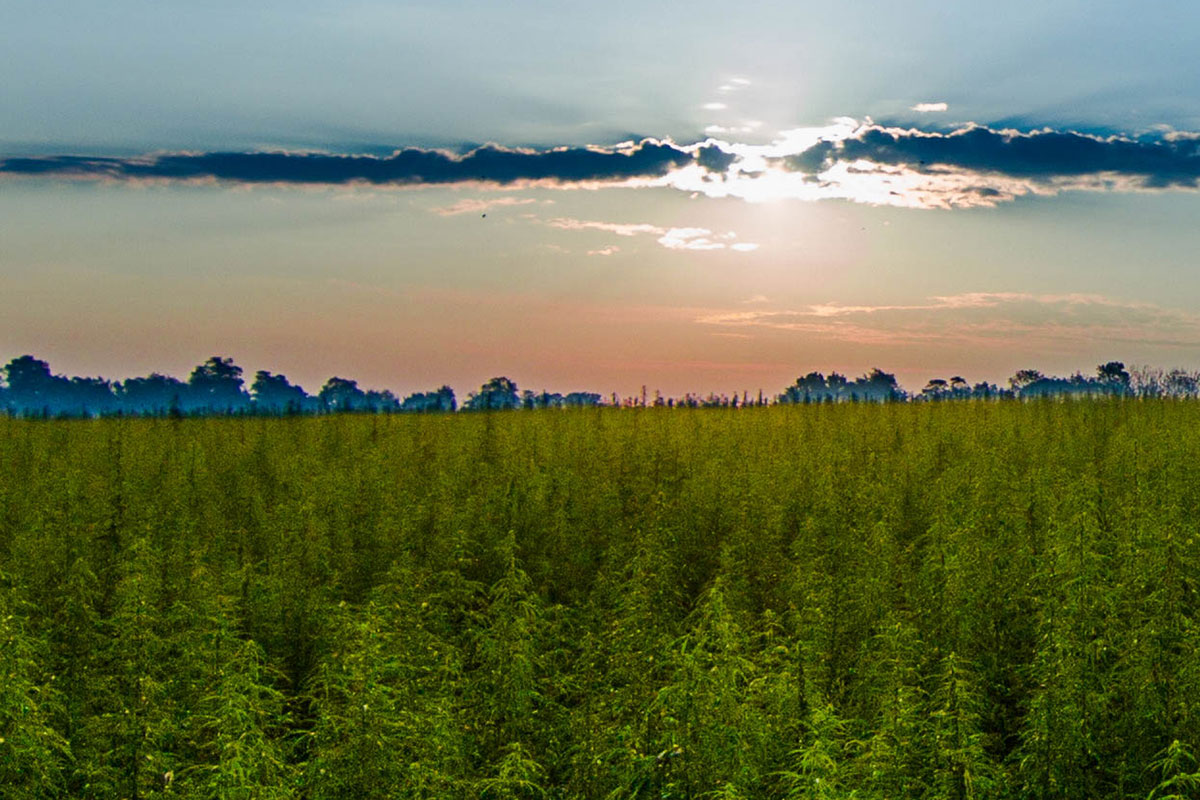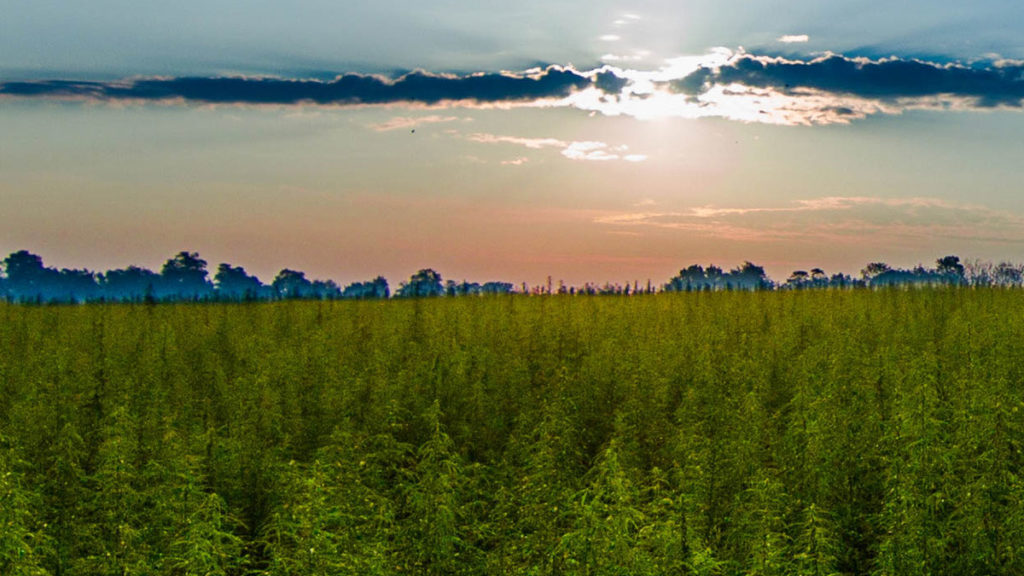
A University of Cambridge researcher revealed that hemp crops can capture atmospheric carbon more effectively than forests, while also providing carbon-negative biomaterials.
Darshil Shah, a senior researcher at the Centre for Natural Material Innovation at Cambridge, England, school, said “numerous studies” have found that hemp is “one of the best” converters of carbon dioxide.
“It’s even more effective than trees,” Shah told Dezeen, an international architecture and design magazine.
“Industrial hemp absorbs between 8 to 15 tonnes of CO2 per hectare (3 to 6 tonnes per acre) of cultivation.”
Comparatively, forests capture 2 to 6 tonnes of carbon per hectare (0.8 to 2.4 tonnes per acre), depending on the region, number of years of growth, type of trees and other factors, Shah said.
Shah, who studies engineered wood, bamboo, natural fiber composites and hemp, said hemp “offers an incredible scope to grow a better future” while producing fewer emissions than conventional crops and more usable fibers per hectare than forestry.
The Cambridge researcher recently collaborated with a filmmaker who converted his 53-acre farm to hemp production and subsequently built a house from the crop.
Shah is working with the farm to develop carbon-negative manufacturing and construction materials that he says could replace fiberglass composites, aluminum and other materials.


